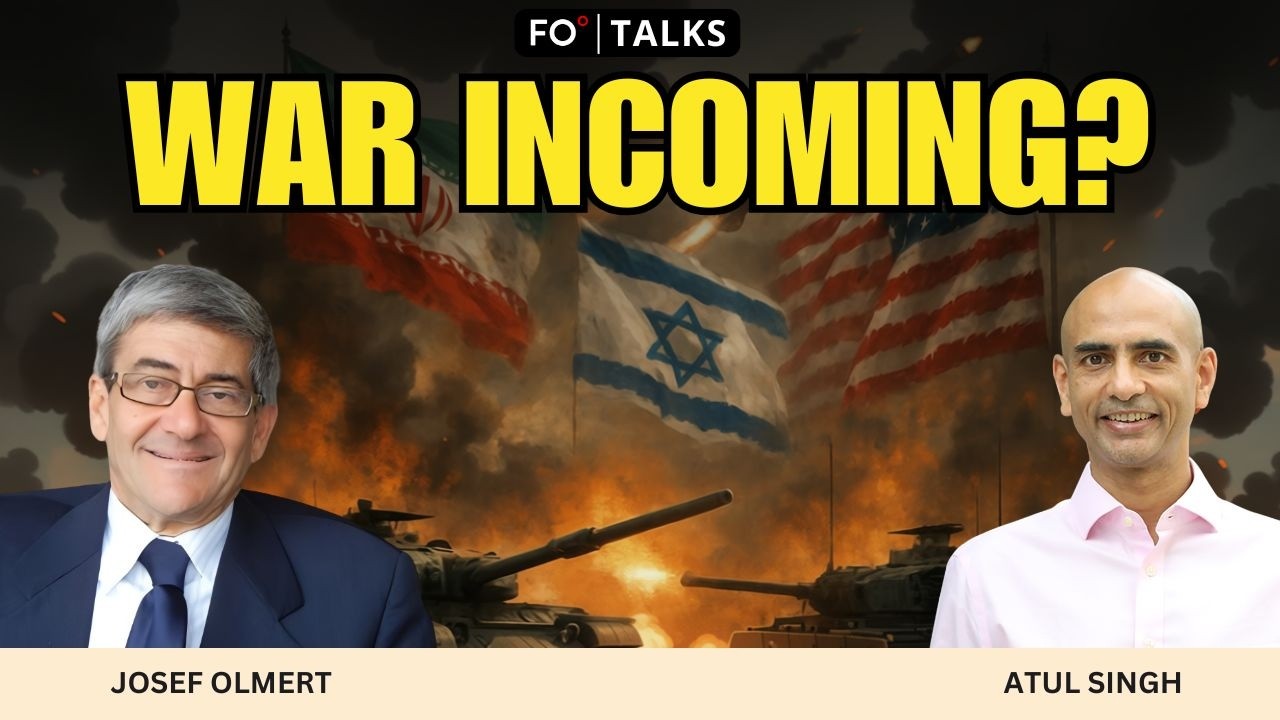[On December 31, 2024, we predicted seven developments for 2025 and boldly went where only fools, angels and astrologers dare to go. So, what can we expect in 2025? To borrow words from the military, a more volatile, uncertain, complex and ambiguous (VUCA) world. This is Part 3 of a seven-part series. You can read Part 1 and Part 2 here.]
Israel has emerged as the big winner in the latest Middle Eastern conflict. The Israeli Defense Forces (IDF) have weakened Hamas. In Lebanon, the IDF decapitated Hezbollah and destroyed the Shia militant group’s assets. In Syria, Sunni rebels have seized Damascus, and Baathist dictator Bashar al-Assad has fled to Moscow. During the upheaval in Syria, the IDF seized all of the Golan Heights. It also destroyed the country’s entire air force, almost all of its navy and most of its other military assets.
Sunnis reclaimed Damascus, ending Assad’s reign
Previously, Syria was a key Iranian ally and fought many wars against Israel. The Assad family belonged to the country’s Alawite minority, which follows a form of Shia Islam. Now that Assad is gone, Iran stands weakened and cut off by land from its allies in Lebanon. So, the threat to Israel is greatly diminished. Turkey is back in the fray, though, and its influence has risen.
The Ottoman sultan was the caliph of all Sunni Muslims until the empire ended in the aftermath of World War I. Now, the fabled Umayyad Mosque in Damascus is back in Sunni hands. In the long run, a Salafist Syria might be a bigger threat to Israel than an Alawite one. By the time Assad fell, his regime had a very narrow social base, commanding only the loyalty of the Alawite elite. The majority of the Syrian population had turned against the Assad regime, which explains its rapid fall.
Jolani took charge in Syria
Now, Ahmed Hussein al-Sharaa is in charge. He is better known by his nom de guerre Abu Mohammad al-Jolani. Backed by Turkey and some Gulf countries, Jolani has engineered an image makeover and is projecting himself as a moderate. Yet it is important to note that he was an associate of Abu Bakr al-Baghdadi and a formidable al-Qaeda operative. The US State Department long had a bounty of $10 million on his head. Already, his men are telling women to cover their heads. If Jolani manages to consolidate power and create a majoritarian state backed by other Sunni powers, that might cause Israel a greater headache than its erstwhile Shia foes.
Note that the 1916 Sykes–Picot order is dead. The nation state experiment in the Middle East has failed. Tribalism and sectarianism are ascendant. Keeping Syria or Iraq or any of the states in the region united and functional will become harder.
The winners are clear
In the meantime, the Kurds and Palestinians remain the losers of history. No great or regional power really backs them. In the case of Palestinians, every power in the region gives them lip service, but none of these Muslim states is willing to fight for them.
In 2025, conflict in the Middle East will diminish because it has clear winners. Israel now has the upper hand against its enemies, especially Iran. For the time being, the great powers are standing by and avoiding involvement in the region.
[Anton Schauble and Lee Thompson-Kolar edited this piece.]
The views expressed in this article/video are the author’s own and do not necessarily reflect Fair Observer’s editorial policy.











































Comment